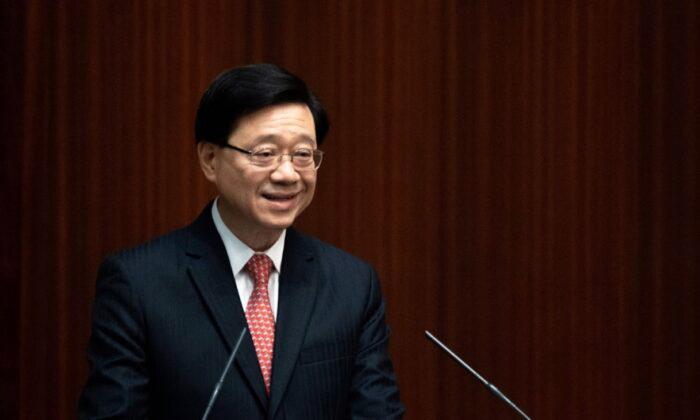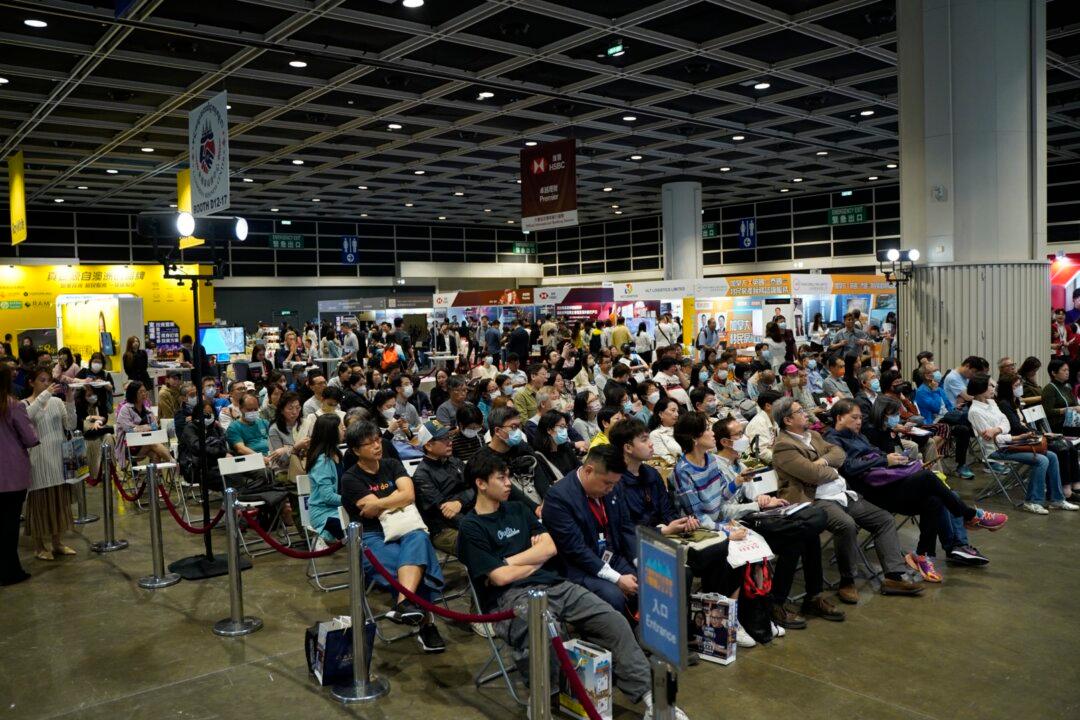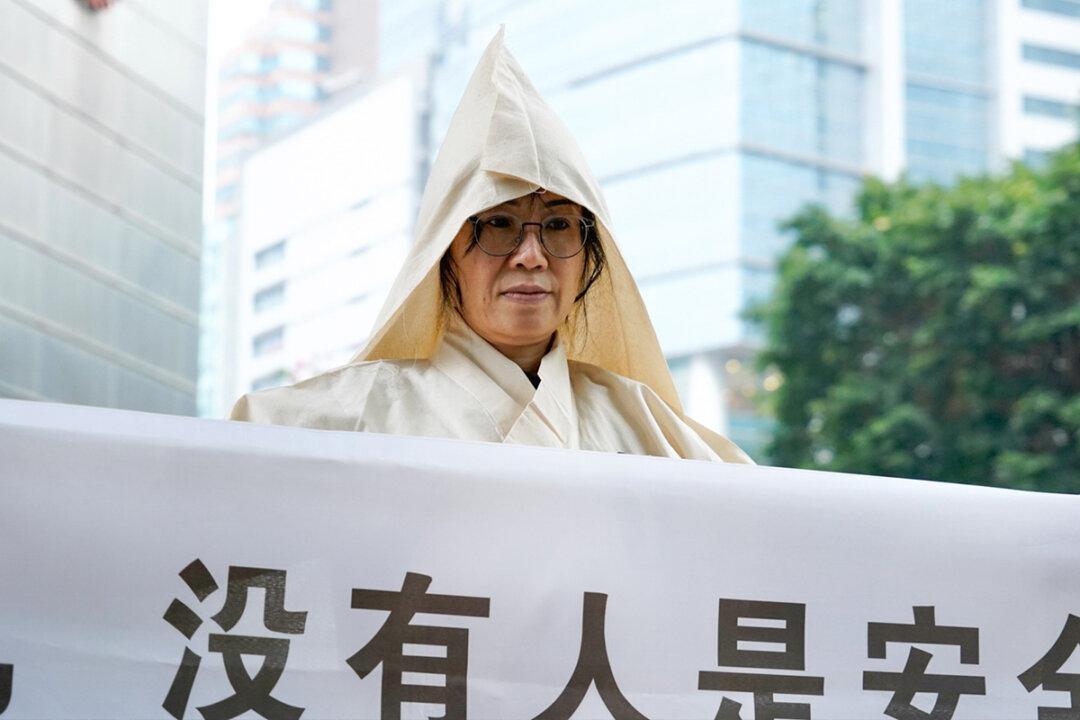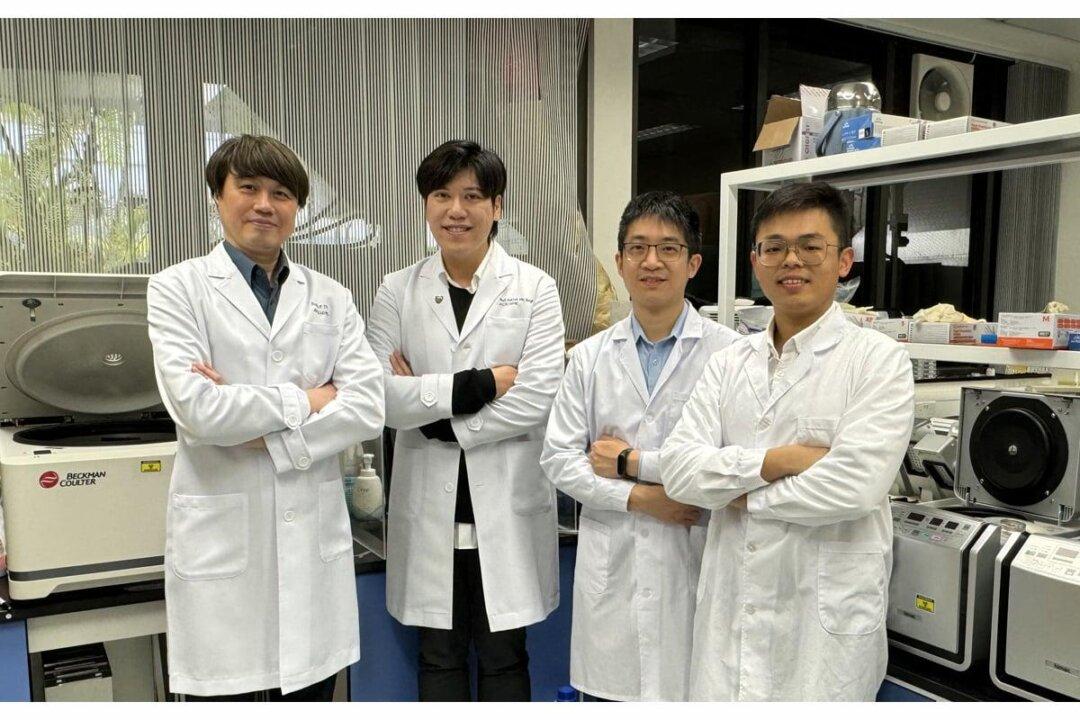On Oct. 19, Hong Kong Chief Executive John Lee Ka-chiu released his first Policy Address since he took office on July 1, 2022. The report focused on importing talent and housing policies. The “Top Talent Pass Scheme” will be launched to attract talent from abroad. At the same time, he proposed to increase about 1,600 University Grants Committee-funded (UGC) research postgraduate positions. Lee said that many of his measures are groundbreaking and focused, and he believes that the policy goal of introducing 35,000 qualified people every year can be achieved. Some political parties believe that the authorities have not paid enough attention to stopping the brain drain that is occurring since the National Security Law went into effect, describing the phenomenon as a failure.
About 140,000 Workers Lost in Last Two Years
Lee admitted that Hong Kong has lost about 140,000 people from the labor force in the past two years. The authorities intend to actively cultivate and retain local talent while attracting qualified foreign workers. There are several high-profile measures, such as, the Top Talent Pass Scheme, which offers an annual salary of HK$2.5 million (about $318,484) and encourages graduates of the world’s top 100 universities to pursue a career in Hong Kong.In terms of nurturing local talent, Lee proposed to add about 1,600 UGC-funded research postgraduate positions; to step up STEAM education, including implementing enriched coding education for the upper primary, and introducing I&T elements, such as, Artificial Intelligence for the junior secondary; at the same time, promoting vocational and professional education and training, including adding 2,000 subsidized slots for self-financing a higher diploma and 1,000 for undergraduate programmes, and potentially adding more applied degree programmes.
Introduce 35,000 Qualified Workers Every Year
Lee said that many of the measures are more proactive than before, emphasizing that Hong Kong is already very attractive, since it was able to attract enough talent to meet the demand before 2019. He believes that Hong Kong should not take the attitude of “good wine needs no bush” (something good needs no advertising) in Hong Kong. To let the outside world know that Hong Kong has many advantages, the authorities will use new tools, including talent admission schemes, etc., and believe that the policy goal of introducing 35,000 qualified workers every year can be achieved.Lawrence Hung: Don’t Ignore Local SMEs
Lawrence Hung Yu-yun, President of Hong Kong Institute of Human Resource Management (HKIHRM), described the measures in the policy address as helpful to attract job candidates and enterprises, and also supplement Hong Kong’s manpower and labor force. However, he says that the Hong Kong government should not ignore local subject matter experts (SMEs) and cultivate local talent in addition to focusing on the top talents and enterprises. He suggested that the government assist SMEs in digital transformation, online to offline commerce, etc., according to the local manpower and industrial structure, and also provide upward social mobility to local youth.Hung also believes that the simplification of administrative measures and visas by the authorities can attract the right people to Hong Kong, but qualified people have a lot of global mobility and employment opportunities, so they must be dealt with in a comprehensive way. Except for administrative measures, the city’s convenience, social atmosphere, environment, etc., should be promoted. For competent staff who have been in Hong Kong for 7 years and become permanent residents, they can apply for a refund of two stamp duties paid on residential property. Hong Kong believes that the 7-year period is relatively long and the tax refund is not effective. He recommended reducing the time period to 5 years.
Democratic Party: No Mention of Repairing Social Divisions
Lo Kin-her, chairman of the Democratic Party, said that John Lee has introduced a number of measures to attract foreign talent, but he did not pay enough attention to how to “stop the bleeding.” He believes that the measures aimed at local enterprises only extend some existing measures but don’t really help. Lo also said that the policy address didn’t mention repairing social divisions. He believes that the authorities must rebuild trust with the public, otherwise the promotion of policies in the future will only achieve half the result with twice the effort.Midland: 330,000 May Benefit From Stamp Duty Refunds
The address proposes that after becoming a Hong Kong permanent resident, qualified immigrants can apply for a refund of the buyer’s stamp duty and the new residential stamp duty paid when buying property in Hong Kong. Midland believes that the relevant measures are equivalent to announcing “water down.” It is expected that the relaxation of home ownership restrictions will become the future direction of housing policy, and will help attract people, who are currently working in Hong Kong but have not become permanent residents, to enter the market, especially people from the mainland.According to Midland, a total of 329,000 people were approved to enter Hong Kong from 2016 to the first half of 2022 under six entry programs that included the General Employment Policy, the Admission Scheme for Mainland Talents and Professionals, and Technology Talent Admission Scheme, which means that a batch of qualified personnel will benefit immediately and become potential home buyers. Among them, those with the greatest opportunity to enter the market have lived in Hong Kong for nearly 5 years or more, which is estimated to reach 184,000, bringing new purchasing power to the property market. Midland predicts that with the reduction of of stress test requirements announced by the HKMA, a 10 percent decline in property prices is expected for the entire year as the sales decline in this quarter has been slowed down or even stabilized. First-hand and second-hand transactions are expected to return to a higher level.





Friends Read Free